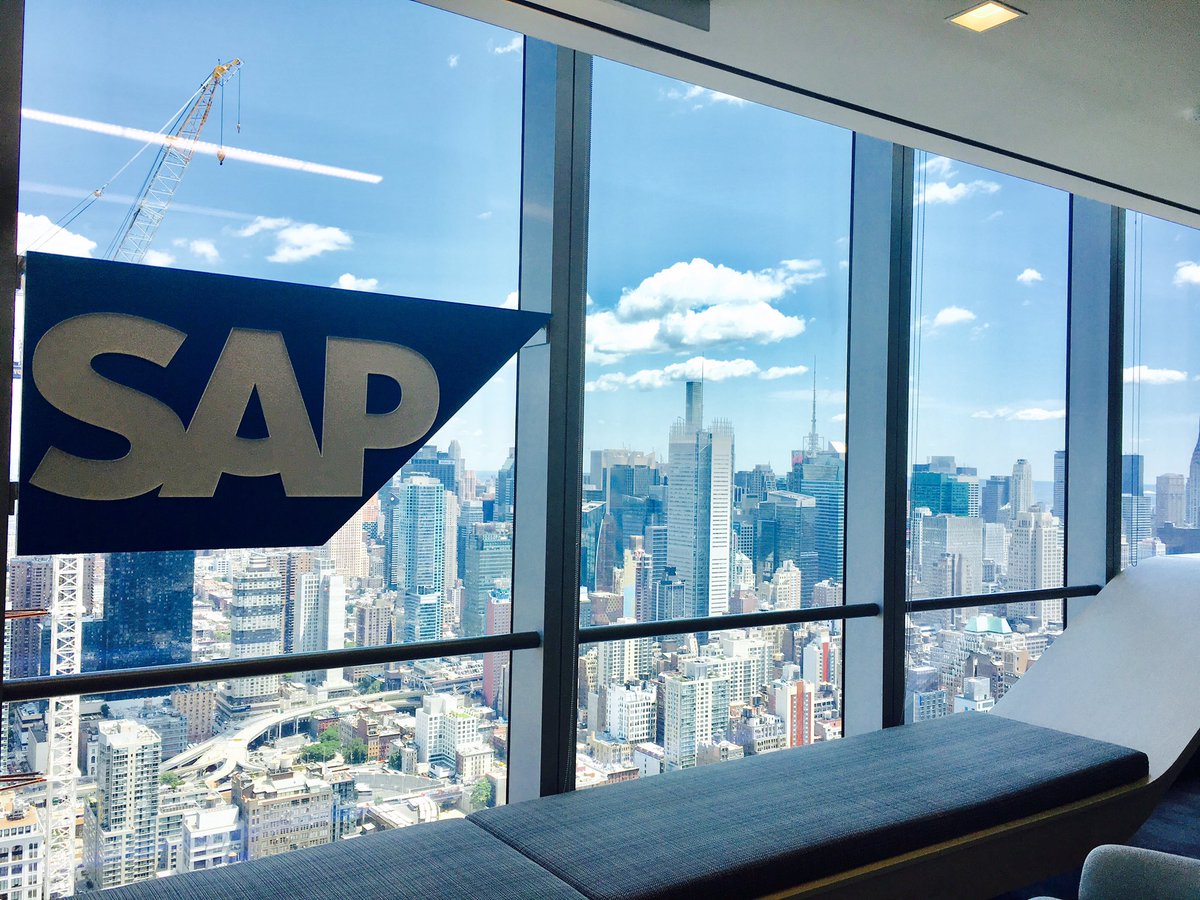2020 was a year of ups and downs with a big impact on S/4HANA.
SAP started 2020 with growing customer pressure from users, facing an End of Maintenance date of 2025, that were demanding more time to move away from Business Suite 7. This led to SAP extending the date [yet again] to 2027, with an option of support until 2030.
The global COVID pandemic followed shortly afterwards, delaying and indefinitely stalling many digital transformation projects around the world. This put the brakes on many S/4HANA deployments that involved business process changes as well as a change of ERP, considered more of a re-implementation than a migration.
Boardroom scuffles in the summer kept SAP in the headlines with the market responding with share price volatility during this time. Despite all of this, SAP ended their 2020 Financial Year rather well, considering everything that had happened, SAP achieved growth in both revenue and profits*. However, reported increases in their cloud backlog did mask a significant reduction in new S/4HANA sales in 2020, compared to the previous year.
The SAP user community views on S/4HANA, changed significantly in the wake of COVID and an extended EoM date, crystalising to one of three distinctive positions: (1) those that embraced and could easily implement a new S/4 ERP. (2) those with complex landscapes (often having multiple instances with many years of customisations) facing a difficult move and (3) a big growth in the number of “wait and see” users whose current ERP broadly met their needs, had already depreciated their purchase costs and were struggling to define a compelling business case for adopting a new ERP system that had benefits that are difficult to quantify and might be reliant on other business changes.
‘RISE with SAP’
To address the dip in S/4HANA sales, overcome some of the known hurdles moving over, and provide a way to promote SAP’s own Subscription services, SAP launched “RISE with SAP” in January 2021. SAP described it as “a simplified pathway for customers to transition their mission critical systems to the cloud and transform their business, delivered as a holistic commercial package with one subscription fee”.
Many ECC organisations post-pandemic will not have the time or money to implement long ERP transformation projects (average duration being 20months according to UKISUG surveys). To avoid this and preserve current processes & ECC customisations for a new S/4HANA deployment, users required a low cost/risk route using ‘lift & shift.’
To accommodate this, SAP undertook a big overhaul of their cloud services to ensure a service could deliver as much flexibility as available from on-prem version of S/4HANA. Limited functionality/customisation capabilities of the original SAP S/4HANA Cloud service led to it being re-named “SAP S/4HANA Cloud, public edition” and re-positioned as ideal for greenfield implementations and subsidiary offices when part of a
Two -Tier ERP
A new modern service was built with the top three hyperscalers and launched as “SAP S/4HANA Cloud, private edition.” This service has the functionality and flexibility required for ECC user choosing brownfield migrations. It will replace the HANA Enterprise Cloud (HEC) single -tenancy solution that has been in service since 2013.
RISE bundled various tools and services to ease migration and refine business processes that would clarify the business case. SAP Cloud services are mandatory within the RISE offer and billed on a recurring ‘per user per month’ subscription model rather than the traditional Cap-ex perpetual software license purchase with annual maintenance charges.
‘RISE with SAP’ one year on
RISE has proved popular with many new mid-market companies keen to adopt SAP’s new ERP solutions. The Public Cloud variant of S/4HANA in the RISE portfolio is a web service with leading automation & machine Learning technology and is very competitively priced.
However, for SAP Business Suite users whose current landscape is on-prem and managed by an SI or MSP Partner, several challenges still exit. The RISE promoted “one handshake one contract” that combines hosting, maintenance and licenses, doesn’t really provide simplicity for the user.
RISE services still require an additional partner contract for the implementation and ongoing Application Management Services. RISE has no connection with their wider application landscape of SAP legacy and non-SAP apps that may also need future cloud hosting. RISE being a separate part of all this could add complexity.
Separation of old and new SAP services could also create conflict for partners that currently host and manage all the client’s software & systems with the adoption of SAP direct RISE managed services taking business away.
The role of SAP PMC
[PMC] Partner Managed Cloud programme was launched five years ago when software services were in high growth and SAP needed a way for partners to offer SAP Software as a Service [SaaS]. SAP partners with MSP or SI interests (usually those with SAP Centre of Excellence accreditations) adopted PMC agreements to lease software licences for the duration of SaaS contracts.At the time, SAP did not offer any pay monthly subscription services, so was the perfect way for PMC partners to obtain software for 3rd party cloud environments that could be billed on a recurring monthly (Op Ex) basis.
Any clients who already owned on-prem software licenses could use them instead of leasing new ones. PMC offered customised SaaS with flexibility to protect previous license investment with the choices of BYO licenses or hire through PMC.
Users with a multi-cloud strategy could spread their landscape risks using different services that best met their business needs. For example, business critical applications on High Availability services. Low latency apps delivered by local private cloud and the rest on lower cost plans.
‘RISE with PMC’
Today SAP have many cloud services including multiple SAP S/4HANA Cloud variants, Success Factors, Ariba, Concur, SAP Analytics Cloud [SAC] etc. With SAP desire to accelerate their customers’ transformation to the cloud using their own services.
SAP have expanded the role of their PMC [custom partner SaaS] with a new remit that allows them to also offer solutions with RISE [custom SAP SaaS] under a single partner contract with Cloud subscription services being a component of all SaaS consumption models it will minimise potential competition tensions as well encourage partner promotion of RISE services
Most PMC providers are the System Integrators/MSPs managing entire client landscapes today. Offering a future landscape that comprises of a mix of SAP RISE, Partner SaaS, legacy SAP and non-SAP apps are in a position to offer a ‘one handshake one contract’
Customised managed services around RISE will include both service wraps and bespoke commercial terms. Providers of the relatively unknown PMC programme could now be more relevant than ever before for the future.




